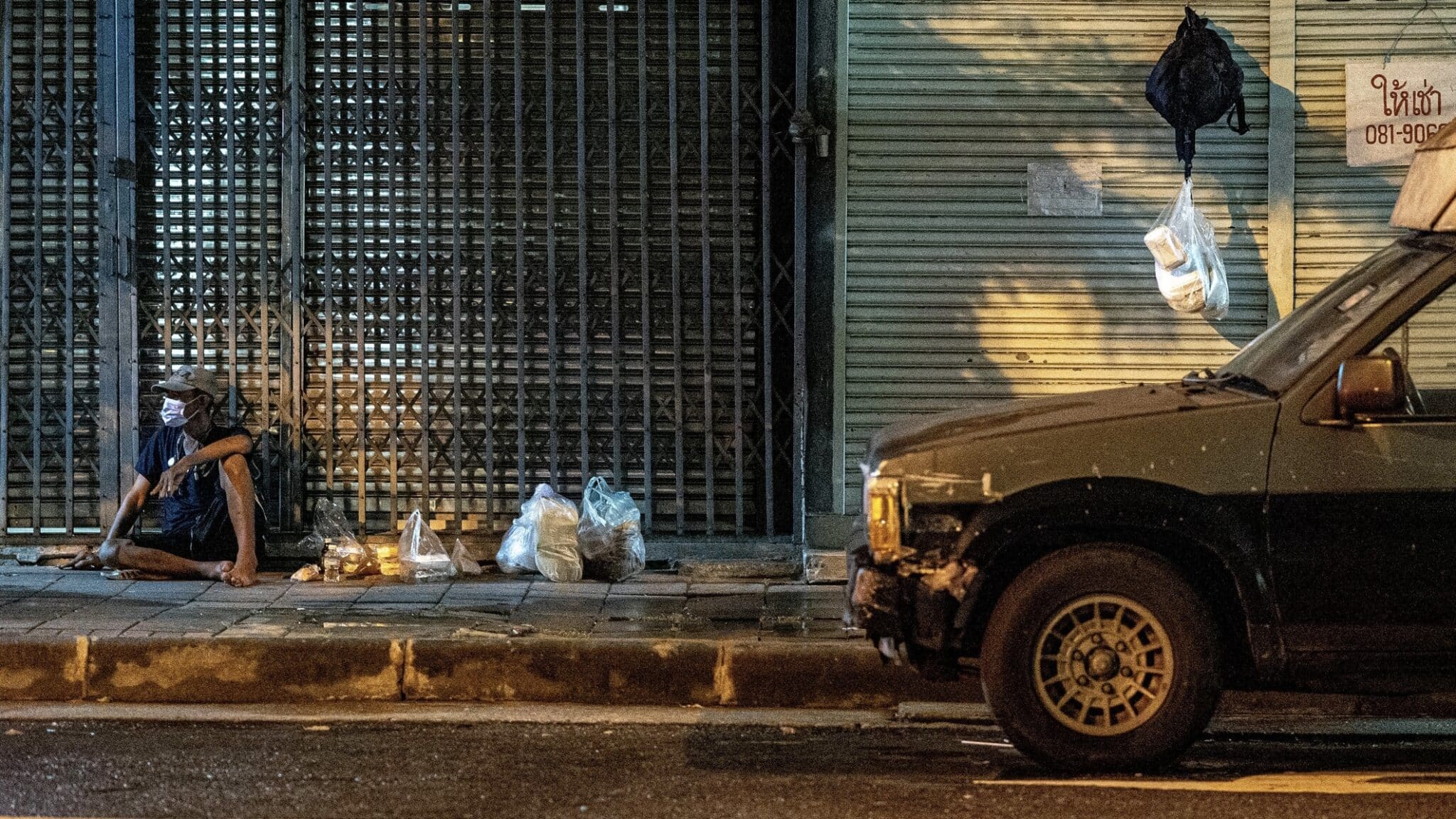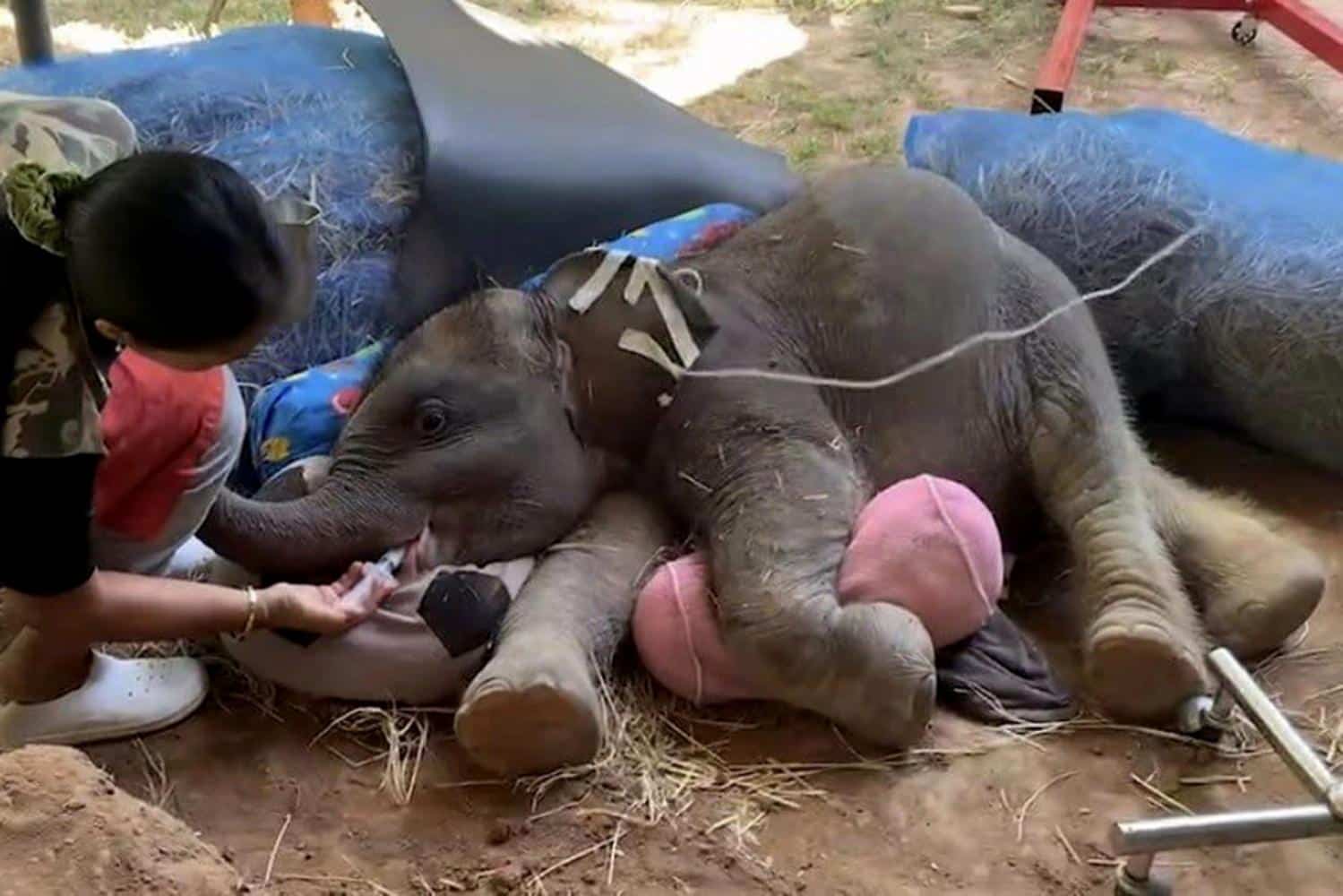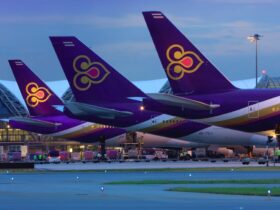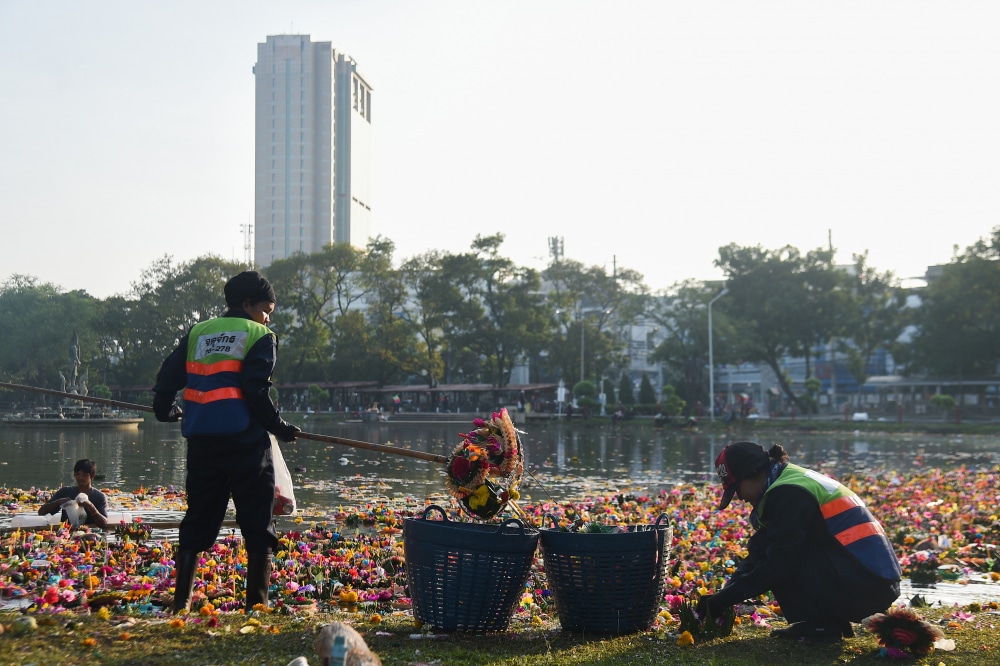Uan, an individual who once won a six-million-baht lottery prize, found herself destitute on Ratchadamnoen Avenue as her funds ran dry. Her full name undisclosed, the 53-year-old recounted her prior career as a taxi driver to a media in Bangkok. Uan struggled against the escalating cost of living, including rising petrol prices. Her earnings failed to cover both the taxi’s daily rental fee and home rent.
However, a fortunate lottery win changed Uan’s circumstances. With her winnings, she managed to purchase her previous dwelling and registered it under her grandmother’s name. Unfortunately, this decision would lead to unfortunate repercussions down the line.
Uan’s situation deteriorated when her grandmother fell seriously ill, battling several ailments including cancer. The money she had set aside from the house purchase was depleted by mounting medical expenses.
Before her grandmother’s passing, she transferred ownership of the house to Uan’s brother. Following her demise, Uan’s brother opted to sell the property, a choice that left Uan without a home, forcing her onto the streets.
Uan lamented that for the past three months, she had been residing on Ratchadamnoen Avenue, an area in Bangkok’s Phra Nakhon district known to be inhabited by homeless individuals.
The story of Ms. Uan is just one instance among the numerous homeless residents on Ratchadamnoen Avenue. Our meida engaged with these individuals, aiming to understand the reasons behind their homelessness and their reactions to a proposed ban on sleeping in the area.
No Sleeping on the Streets
The Phra Nakhon District Office declared that, starting in September, homeless individuals would no longer be permitted to sleep on Ratchadamnoen Avenue.
According to the Thai Health Promotion Foundation, in 2023, there were 2,499 homeless people across Thailand, with 1,217 in Bangkok alone. Data indicated that within the capital, 500-600 of these homeless individuals were concentrated in the Phra Nakhon district.
To prevent littering and discourage homeless individuals from sleeping on the road, barriers will be erected along Ratchadamnoen Avenue.
Some believe this move is driven by a desire to enhance the city’s aesthetics and ensure pedestrian and local safety. However, it’s inevitable that some view this regulation as mere superficiality that would merely relocate the homeless from one area to another.
Fencing Off the Area
52-year-old Tip Sakda, who has spent six years as a homeless resident in Phra Nakhon district’s Sake Alley on Assadang Road, shared his perspective with our media. Having experienced family conflicts, he chose to leave for good.
Social workers informed him about the impending fences, urging him to relocate. Yet, Mr. Tip admitted he was not yet ready to make that move.
He advocated for public agencies to offer adequate shelter and job opportunities for the homeless, many of whom suffer from chronic illnesses without access to healthcare. He recalled instances of homeless individuals falling ill without receiving treatment, leading to unfortunate deaths on the streets.
Similar to numerous others who lost their jobs during the Covid-19 pandemic two years ago, Pai Sontiwong, aged 44, faced job loss during that time as well. Struggling with an unstable income that couldn’t cover rent, Mr. Pai found himself with no option but to live on the streets.
His routine involved wandering around Sanam Luang or Rattanakosin Hotel. He frequented Sake Alley daily, relying on food donations, NGOs, or kind-hearted individuals for sustenance.
Regarding the proposed fence plan for Ratchadamnoen Avenue, Mr. Pai expressed his concerns about its impact on him and his unpreparedness to relocate.
He advocated for greater support from agencies towards the homeless. While the Mirror Foundation offered a program for homeless people to access job opportunities and affordable apartments, Mr. Pai believed that its scope was limited in comparison to the number of homeless individuals in Phra Nakhon district.
Drop-In Stations
To address these issues, the Bangkok Metropolitan Administration (BMA) and its network established two drop-in stations in Sake Alley and under Somdet Phra Pinklao Bridge, located on the Phra Nakhon district’s side. Officials from various offices and foundations congregated at these spots, offering assistance in healthcare, welfare, laundry, bathrooms, employment, and housing.
Reports indicated that the BMA was deliberating on reestablishing emergency shelters for the homeless, situated near Chaloem Wan Chat Bridge in Phra Nakhon district. A collaborative initiative between the BMA and the Mirror Foundation aimed to provide training, allowances, and job opportunities for homeless individuals, helping them break free from the cycle of homelessness.
These emergency shelters would also mitigate the harm inflicted upon homeless individuals by scammers who exploit them into participating in fraudulent activities.
Sittipon Chuprajong from the Mirror Foundation highlighted instances of groups extorting money from the homeless and employing them for illegal activities, such as opening bank accounts. Many homeless individuals ended up getting arrested and incarcerated due to their involvement in these schemes.
Mr. Sittipon emphasized that the root causes of homelessness persisted. Many individuals lost their jobs and found themselves unable to support their families, leading to conflicts at home and ultimately forcing them to leave.
He further commented, “They cannot return to the workforce because of their age in many cases, so have to leave the house.”
The combined efforts of the BMA, the Mirror Foundation, and their associates aimed to create projects that offer job opportunities, affordable housing, and improved access to state welfare for homeless individuals.











